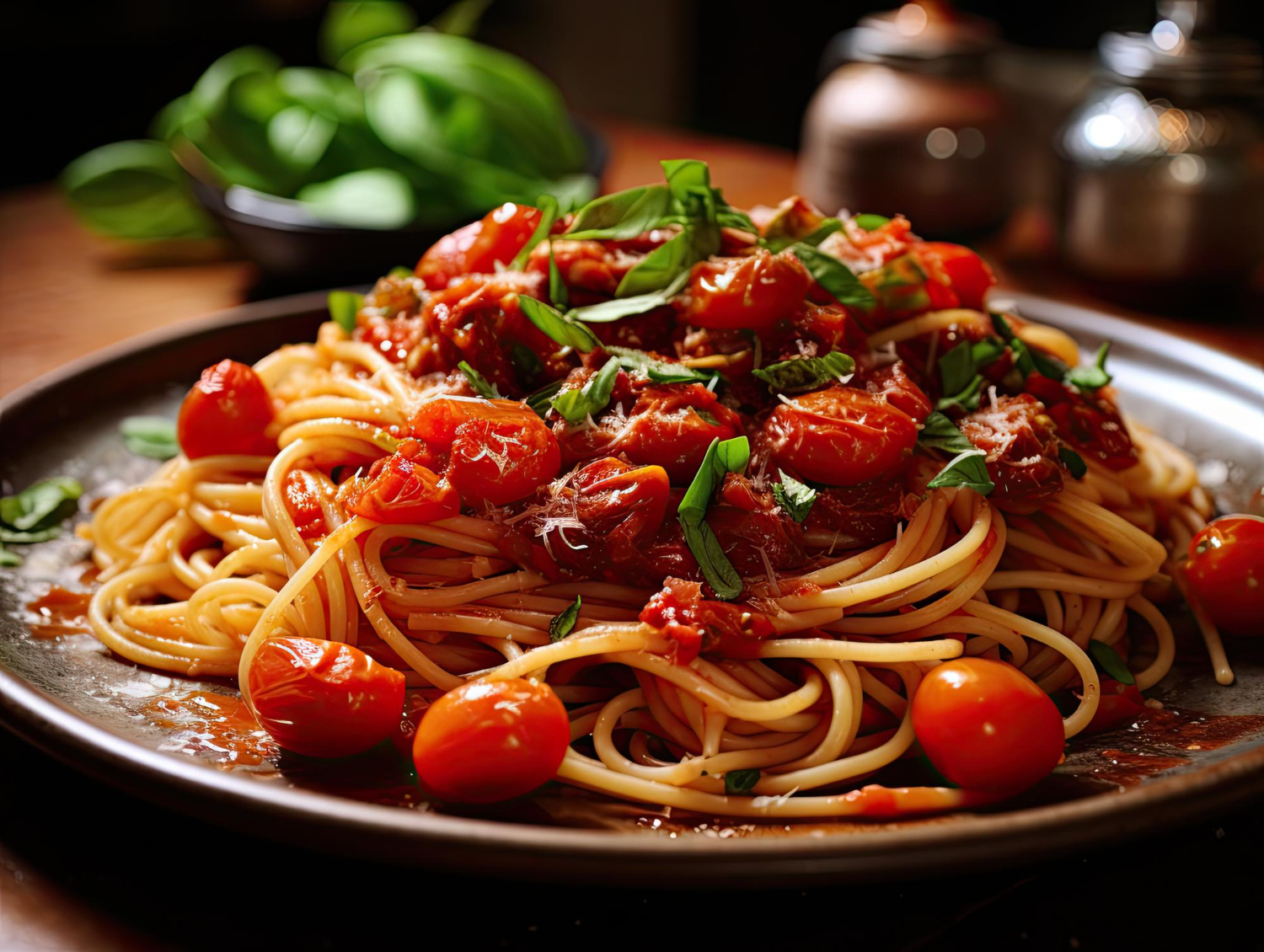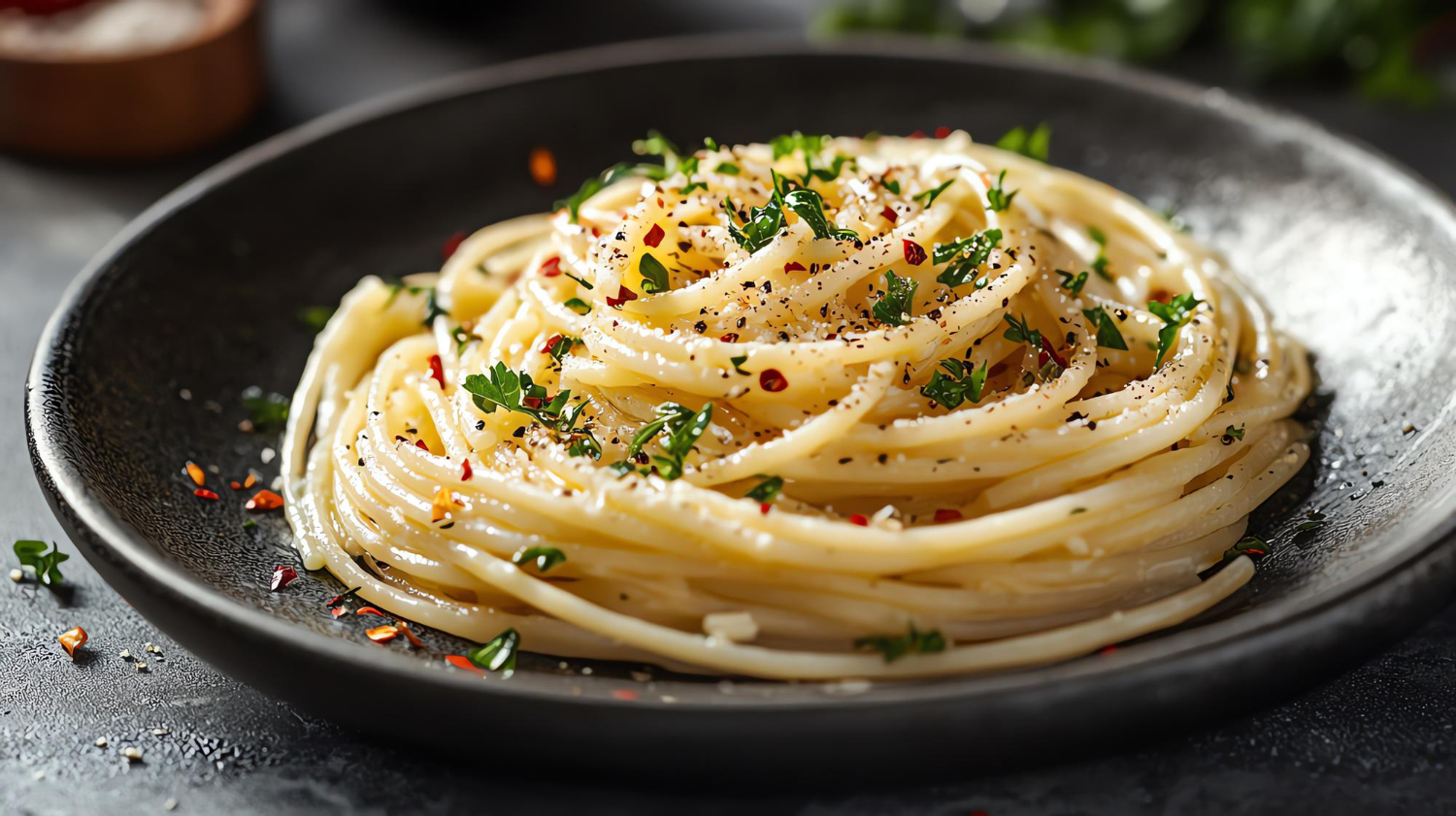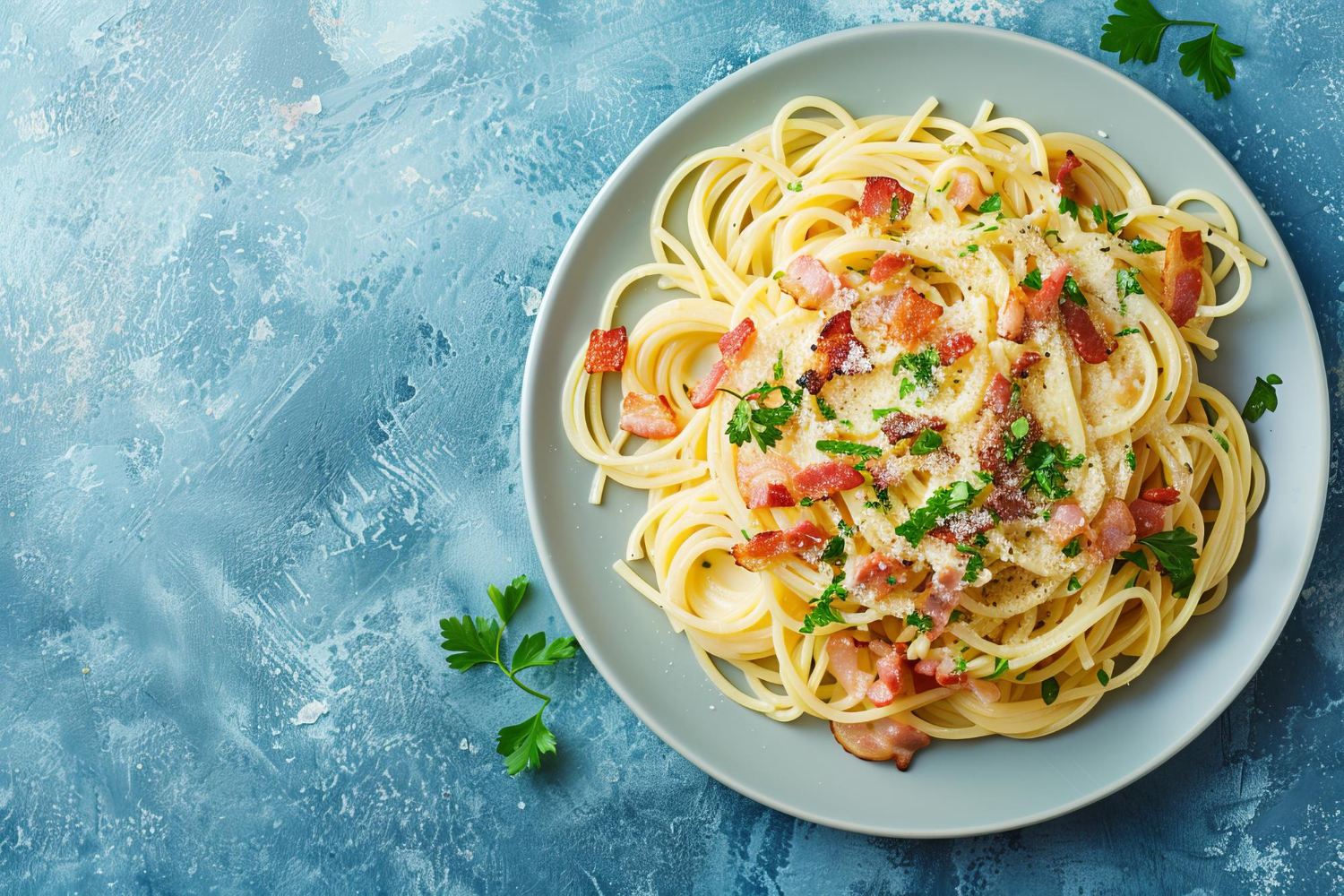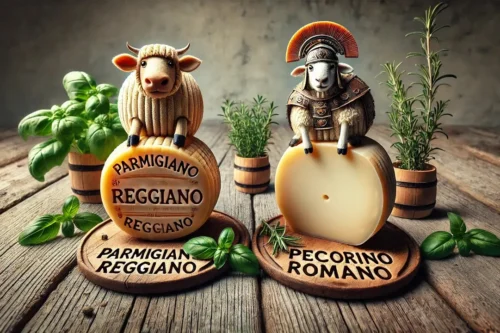Photo: Pixabay
Rich in healthy fats
Olive oil is a rich source of monounsaturated fats, especially oleic acid, which makes up about 73% of its total fat content. These healthy fats are known to reduce inflammation and have a positive impact on genes associated with cancer. In addition, monounsaturated fats are considered heart-healthy because they help lower bad cholesterol (LDL) levels while maintaining good cholesterol (HDL) levels. This heart-protective effect is one reason olive oil is a staple in Italian cuisine, where it is often used in place of butter or other saturated fats.
Antioxidant powerhouse
Extra virgin olive oil is rich in antioxidants, which are essential for fighting oxidative stress and inflammation in the body. These antioxidants, including polyphenols and vitamin E, protect cells from free radical damage and reduce the risk of chronic diseases such as heart disease, cancer, and diabetes. In Italian dishes, olive oil is often used as a finishing touch to keep these beneficial compounds intact. Whether drizzled over a fresh caprese salad or gently poured over bruschetta, olive oil adds flavor and promotes health.
Supports heart health
One of the most widespread benefits of olive oil is its positive effect on heart health. Studies have shown that consuming olive oil can help reduce the risk of heart disease, primarily due to its ability to lower blood pressure, improve cholesterol levels, and reduce inflammation. Italians often use olive oil as their primary fat in cooking and dressings, adding to the overall heart-healthy benefits of the Mediterranean diet. Dishes such as tomato pasta or olive oil roasted vegetables are examples of heart-healthy meals common in Italian households.
Anti-Inflammatory benefits
Chronic inflammation is a leading cause of many diseases, including heart disease, cancer, and arthritis. Olive oil contains powerful anti-inflammatory compounds, such as oleocanthal, which work similarly to the widely used anti-inflammatory drug ibuprofen. This natural anti-inflammatory effect makes olive oil a great ingredient for preventing chronic disease. Italians have long relied on olive oil to dress salads, sauté vegetables, and even dip bread in it, incorporating its anti-inflammatory properties into their daily diet.
Improves digestive health
Olive oil is gentle on the digestive system and helps improve gut health. It stimulates the production of digestive enzymes, aids in nutrient absorption, and has been shown to promote healthy bowel movements. In Italian cuisine, olive oil is often combined with fiber-rich vegetables, legumes, and whole grains to create dishes that are both delicious and easy to digest. A simple drizzle of olive oil over traditional dishes like roasted vegetables or minestrone soup can improve digestion while providing essential nutrients.
Protects brain health
Studies show that olive oil may have neuroprotective effects, helping to preserve memory and cognitive function as we age. The antioxidants and healthy fats in olive oil can reduce oxidative stress in the brain, which has been linked to Alzheimer’s and other neurodegenerative diseases. Using olive oil in Italian dishes like pesto or risotto not only improves flavor, it may also support long-term brain health.
Olive oil in Italian cuisine
In Italian cuisine, olive oil is more than just an ingredient—it’s a cultural symbol and a representation of the Mediterranean lifestyle. Italians use olive oil in nearly every aspect of their cooking, whether as a base for sautéed vegetables, as a key ingredient in dressings and marinades, or simply poured over fresh bread. Its versatility makes it suitable for a variety of dishes, from light appetizers like bruschetta to hearty main courses like spring pasta or osso buco.
For example, pasta al aglio e olio, a simple pasta dish made with garlic, olive oil, and chili flakes, is a perfect representation of how olive oil can shine as the star of the dish. Similarly, olive oil is a key component in panzanella, a traditional Tuscan bread salad, where its rich flavor melds with fresh tomatoes and cucumbers. These dishes showcase olive oil’s ability to enhance both flavor and nutrition.
Conclusion
Olive oil is not only an essential ingredient in Italian cuisine but also a powerful health ally. Its rich content of monounsaturated fats, antioxidants, and anti-inflammatory properties make it one of the healthiest oils available. Regular consumption of olive oil can support heart health, reduce inflammation, improve digestion, and protect brain function. So, the next time you enjoy a drizzle of olive oil on your pasta or salad, remember that you’re not only enhancing the flavor of your meal but also nourishing your body with the numerous health benefits it offers.
Incorporating olive oil into your daily diet, as Italians have done for centuries, is a simple yet effective way to promote long-term health and well-being.
Source: HealthLine.com















